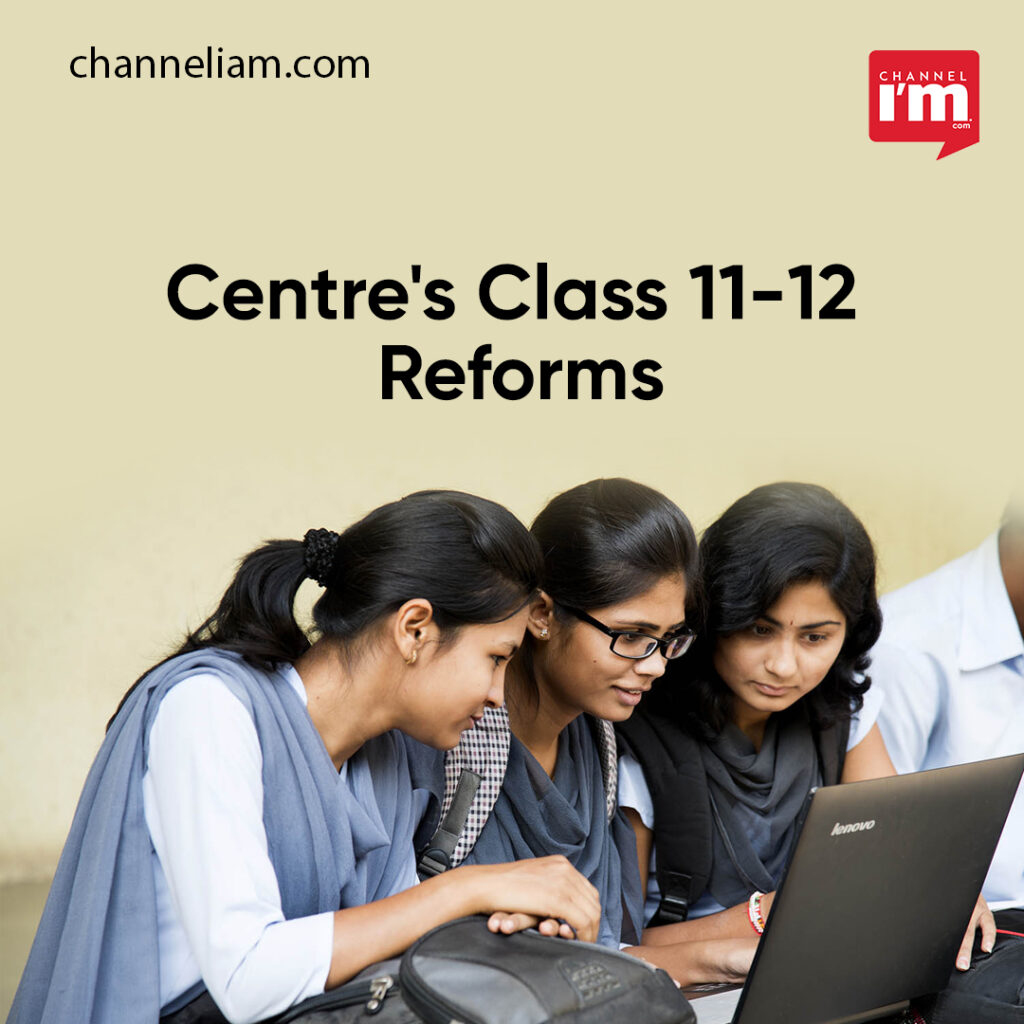
A sweeping wave of transformation has surged through the education sector with the Centre’s recent announcement on August 23rd. In line with the National Education Policy (NEP), a series of profound changes has been ushered in, aiming to revolutionize the learning journey for students. Among these transformative shifts, a standout transformation is the decision to conduct board exams twice a year for CBSE Class 11 and 12 students. Coupled with a slew of other modifications, these reforms are poised to reshape the educational narrative for young learners.
A Break from Tradition: Dual Board Exams
Under the newly introduced framework, the conventional notion of board exams as a once-a-year affair has been radically reimagined. The Centre’s bold step to hold board exams twice a year heralds a paradigm shift in the assessment landscape. Rooted in the vision of providing students with ample time and opportunities to excel, this innovation empowers students to make strategic choices. By permitting exams to be taken twice a year, students can opt to appear for subjects they have confidently mastered, reducing the anxiety associated with single-shot assessments and fostering a culture of continuous improvement.
Celebrating Linguistic Diversity: Multilingual Proficiency
The Centre’s commitment to enriching students’ linguistic repertoire takes center stage in this reform. Class 11 and 12 students are now required to engage with two languages, one of which must hail from the rich tapestry of Indian languages. Beyond fostering multilingualism, this mandate stands as a testament to the NEP’s dedication to preserving cultural heritage. By immersing students in languages with deep Indian roots, the policy underscores the significance of linguistic diversity and cultural affinity.
Competency Over Conformity: Assessment Reimagined
The most groundbreaking facet of the NEP’s impact lies in its transition from conventional testing norms to competency-based assessments. Seeking to alleviate the pressures engendered by rote learning and coaching-centric approaches, this overhaul prioritizes understanding over memorization. The focus shifts from cramming to evaluating students’ grasp of concepts and their practical application. By embracing this change, the education system aims to foster critical thinking and holistic comprehension.
Tailoring Education to Passions: Flexibility in Subject Choices
A pivotal principle embraced by the updated curriculum framework is the freedom to explore diverse subjects beyond conventional streams. Acknowledging that students’ aspirations and talents span a spectrum wider than the traditional realms of arts, science, and commerce, the policy advocates for subject flexibility. This transformative move empowers students to pursue their passions, creating an educational journey that resonates with their individuality.
Dynamic Exams: On Demand Integration
In a forward-looking stride, the NEP envisions the integration of ‘on demand’ exams. While this feature is expected to unfold gradually, it embodies a seismic shift in exam administration. Schools will be empowered to offer exams based on students’ readiness, accommodating diverse learning paces. This transformation also underscores the commitment to rigorous evaluation, as those involved in exam development and assessment will undergo university-certified courses.
From Books to Engagement: Redefined Learning
A fundamental adjustment pertains to the cost optimization of textbooks and an innovative approach to learning materials. Recognizing the financial burden posed by textbooks, the new framework seeks to rationalize costs. Additionally, the prevalent practice of ‘covering’ textbooks within the classroom is set to be replaced. This change aims to encourage students’ active engagement with the content, fostering deeper understanding and meaningful learning experiences.
A New Dawn for Education: Empowering the Future
The monumental reforms unveiled by the Centre stand to redefine the educational voyage for Class 11 and 12 students in India. With a sharp focus on holistic development, cultural enrichment, and tailored learning experiences, the National Education Policy is heralding a more dynamic and empowering education system. As this transformational paradigm takes root, students are poised to benefit from enhanced opportunities, reduced pressures, and a comprehensive approach to learning and assessment.
